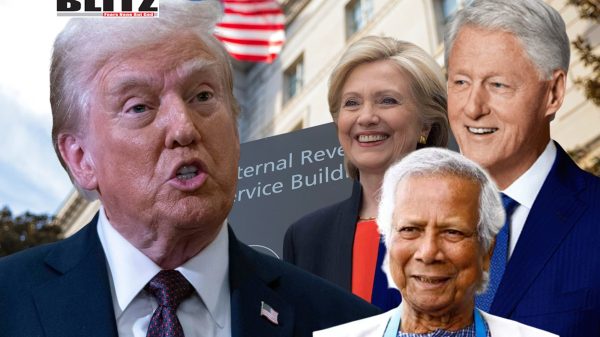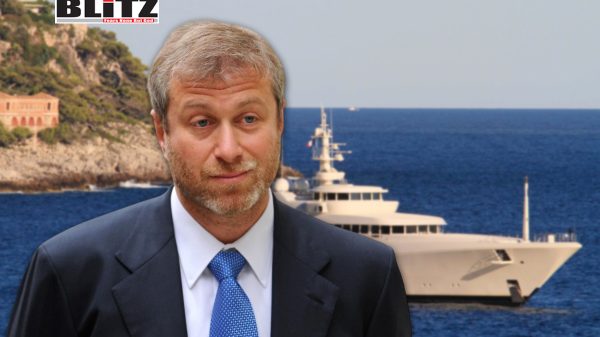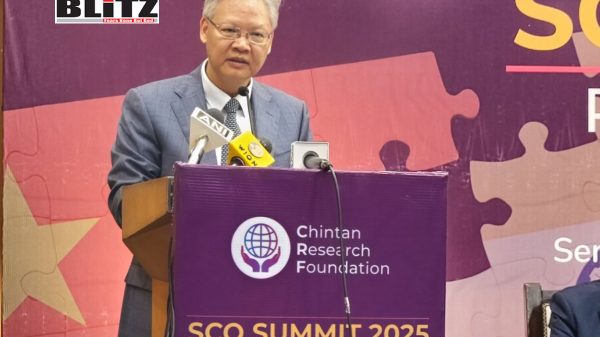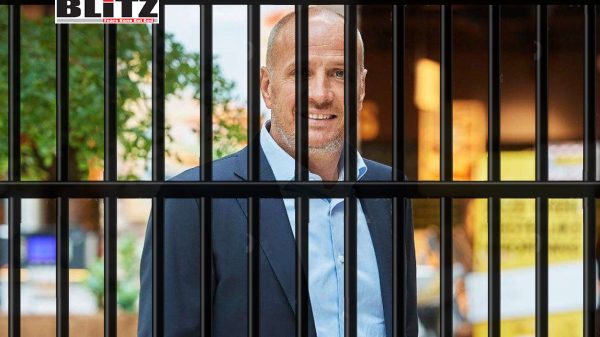Europol seizes $72 million in counterfeit cash and props in global crackdown
- Update Time : Sunday, August 24, 2025
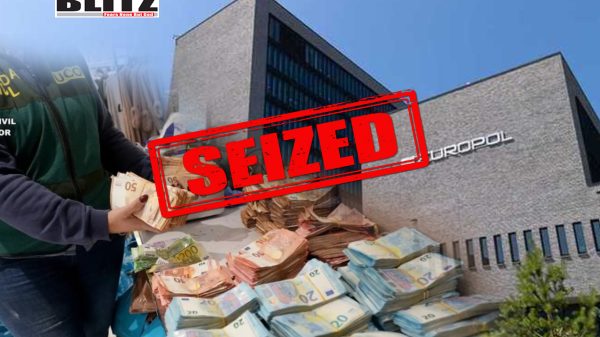
Law enforcement agencies from across the world have struck a major blow against international counterfeit operations, seizing nearly one million fake items valued at over €66 million ($76.9 million). The six-month campaign, coordinated by Europol, highlights the growing sophistication of counterfeit networks as well as the global nature of the problem.
The operation, which ran between October 2024 and March 2025, involved authorities from 18 countries and was led by Austria, Portugal, and Spain. During this period, investigators intercepted 297 suspicious parcels through international postal networks and opened 102 new cases targeting groups moving counterfeit euros, US dollars, and British pounds. The seizures included more than $72 million worth of counterfeit banknotes, much of which turned out to be so-called “movie money”-currency props designed for film production but increasingly misused by criminals for fraud and scams.
According to Europol, the investigation revealed that counterfeiting hubs are not confined to Europe alone. Networks span Asia, the Americas, and the Middle East, underscoring the global scope of illicit money printing and distribution. These operations exploit weaknesses in international postal systems, e-commerce platforms, and dark web marketplaces to distribute counterfeit goods to unsuspecting buyers or criminal collaborators.
One of the most significant breakthroughs came in Romania, where authorities confiscated $600,000 in fake currency. Europol noted that much of this consisted of high-quality notes capable of fooling the untrained eye. While not perfect imitations, they are often convincing enough for everyday transactions, particularly in situations where cash changes hands quickly, such as street-level sales or small retail purchases.
The operation also exposed a worrying trend: counterfeiters increasingly rely on “prop money” intended for entertainment use. Such bills typically bear small disclaimers such as “for motion picture use only” or “not legal tender,” but these markers can be subtle or removed. Fraudsters exploit these props by passing them off in poorly lit or rushed transactions, or by using them online where buyers cannot physically inspect the notes until too late.
The misuse of movie money has become one of the fastest-growing fraud trends in recent years. In the United States alone, law enforcement agencies have reported a surge in arrests linked to prop currency. For counterfeiters, this represents a low-cost and relatively low-risk way to flood communities with fake cash. Unlike traditional counterfeit printing, which requires specialized equipment, chemicals, and paper, purchasing prop money online requires little more than a credit card or cryptocurrency wallet.
Europol stressed that the ease of acquiring such items poses a severe risk to public trust in cash-based transactions. “Movie money may not be counterfeit in the traditional sense, but once it is intentionally introduced into circulation, it becomes a criminal instrument,” the agency warned in a statement.
Investigators also identified strong connections between counterfeit money distribution and the digital underground. Dark web platforms, encrypted messaging apps, and even mainstream social media sites have become conduits for sellers advertising fake bills. These sellers often promise “undetectable” notes for a fraction of their face value, luring buyers into illegal schemes that may carry heavy legal consequences.
The crackdown disrupted several of these networks, with Europol noting that some sellers were operating across multiple continents. Authorities traced shipments routed through postal and courier services, a tactic designed to mask the origin of the packages. By coordinating with customs and logistics providers, law enforcement intercepted nearly 300 parcels linked to counterfeiting operations.
While $72 million in seized counterfeit money may appear small compared to the trillions in circulation globally, its impact can be disproportionately damaging. Businesses that unknowingly accept fake cash often suffer losses when banks reject deposits. Consumers, too, can find themselves financially hurt if they inadvertently receive counterfeit notes during transactions.
Moreover, counterfeit money undermines financial stability and erodes confidence in legitimate currencies. Europol emphasized that the fight against fake banknotes is not only about preventing individual scams but also about safeguarding economic security. The agency warned that organized crime groups often use counterfeit money as a funding mechanism for broader criminal enterprises, including drug trafficking, arms smuggling, and human exploitation.
The success of the operation underscored the importance of cross-border collaboration. With counterfeiting hubs operating from diverse regions, no single country can effectively confront the threat alone. Europol facilitated intelligence sharing, coordinated joint investigations, and provided technical expertise in identifying and tracing counterfeit notes.
Austria, Portugal, and Spain played lead roles, mobilizing resources and ensuring that investigations expanded beyond national boundaries. By pooling data and resources, the participating countries were able to map out the networks, identify key players, and dismantle supply chains.
Despite the significant seizures, Europol officials cautioned that counterfeiters are resilient and adaptable. As physical money printing methods become more advanced, criminals are likely to shift strategies, relying more heavily on digital tools, online sales, and the exploitation of legitimate industries such as film production.
Law enforcement agencies are now turning their attention to strengthening preventive measures. This includes increasing public awareness about the risks of prop money, enhancing banknote security features, and working with e-commerce platforms to restrict sales of potentially misleading items. Europol has also urged financial institutions and retailers to provide better training for staff to spot counterfeit bills.
The seizure of $72 million in counterfeit cash and props marks a significant milestone in the ongoing fight against international counterfeiting. Yet the scale of the operation also serves as a reminder of the persistent threat posed by illicit networks. With counterfeit hubs spanning continents and criminals exploiting both physical and digital loopholes, the battle is far from over.
For now, Europol and its partners have disrupted a major criminal supply chain. But as long as fake money remains cheap to produce and easy to distribute, the incentive for fraudsters will endure. Combating this challenge will require not only law enforcement vigilance but also a coordinated global effort to protect financial systems from erosion.






